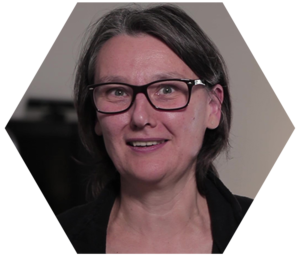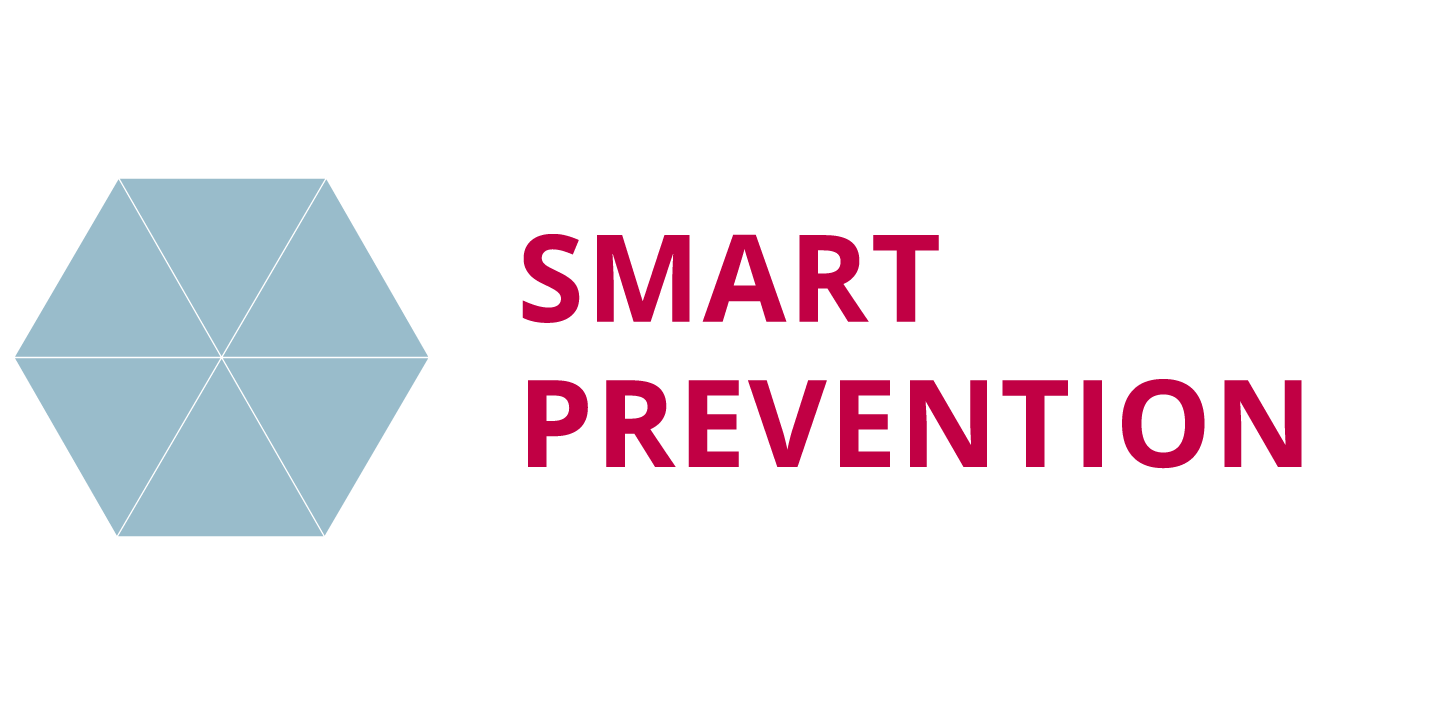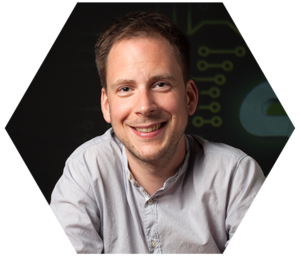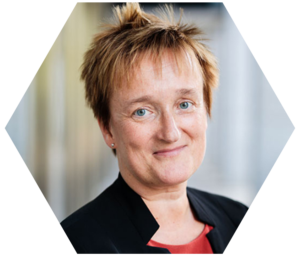- Computer Science / Chances / Prof. Dr. Britta Wrede
Prof. Dr. Britta Wrede
New prevention tools
- Wrede: Phenomenon
- Wrede: Threat
- Wrede: Vision
In our field of work, we are researching, among other things, how to support people to be able to live autonomously at home for longer, through technology, through digitalisation. On the one hand, this can be made possible by analysing data recorded by sensors. For example, it is possible to identify at an early stage whether certain behavioural patterns are changing in such a way that it is possible to draw conclusions about certain cognitive degradation processes, so that preventive measures in this area of health can be taken as early as possible. On the other hand, we have also developed interaction technologies to offer therapy options at home. For example cognitive trainings, that I can make a memory game with a robot or with a virtual avatar, so that I can better integrate therapeutic approaches in everyday life. All in all, these technologies ultimately enable us to support people in living autonomously in their homes for a longer period of time and thus enable them to participate in society. It is also important for us to bring participatory elements into the research. That means involving these people as early as possible in the research questions and considering what are the problems that actually need to be solved in this field. Of course we also need cooperation partners. In our case these are the “Bodelschwingsche Anstalten” here in Bethel, where we get massive support to be able to do this participatory research. That means for us digitalisation is really a great possibility to support people to be able to live longer autonomously in their homes.

Prof. Dr. Britta Wrede
- Since 2019 Head of the Medical Assistance Systems Working Group at the Medical Faculty (under construction) of Bielefeld University
- Since 2010 Head of the Group for Applied Computer Science at Bielefeld University
- Previously head of the research group “Hybride Gesellschaft” of the AdR Laboratory
- 1999 M.A. and 2002 PhD thesis at the Faculty of Linguistics and the Faculty of Technology in the field of automatic speech recognition
- One year DAAD scholarship at the International Computer Science Institute (ICSI) in Berkeley, USA (work on the analysis of prosodic cues for emotional language or “hot spots”)
- Main focus in the group for Applied Computer Science: Modelling of human-robot dialogues, emotion recognition and modelling in HRI, developmentally inspired language acquisition approaches, modelling of visual attention, analysis of tutor behaviour towards children and robots, modelling of the perception of multimodal tutor behaviour for learning and how pragmatic information can be used for HRI or interaction with intelligent environments
- Their research is driven by the question of how to equip robots with a better understanding of their social and physical environment and is strongly inspired by human development. She follows the hypothesis that learning must be embedded in social interaction
- Co-publisher of the deutsche Zeitschrift für Künstliche Intelligenz [German Journal of Artificial Intelligence]
- Principal Investigator in several EU projects (CODEFROR, ITALK, RobotDoc, Humavips) and national projects funded by the DFG (SFB 673 Alignment in Communication), the DLR (Sozirob – Der Roboter als Fitnesstrainer), the DAAD Thematic Network on Intelligent Systems and the BMBF (KogniHome, DESIRE – Deutsche Service Robotik Initiative)
- Phenomenon
- Threat
- Chances
- Vision







Comments